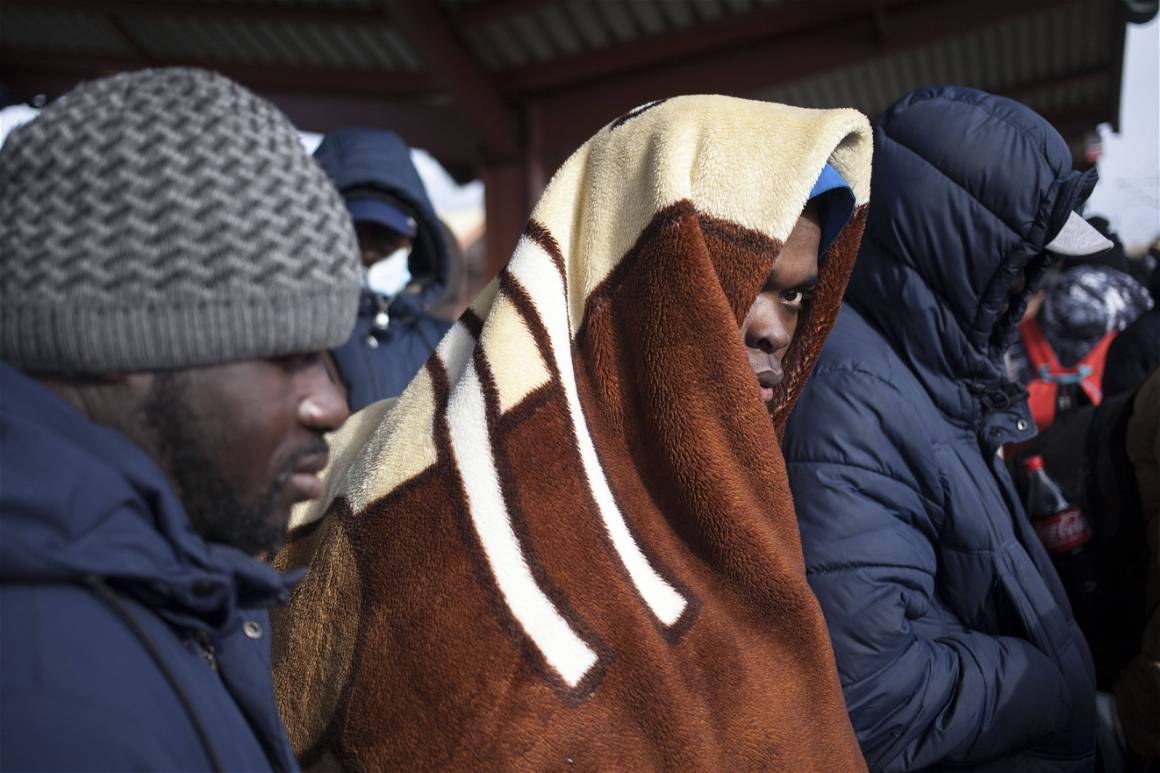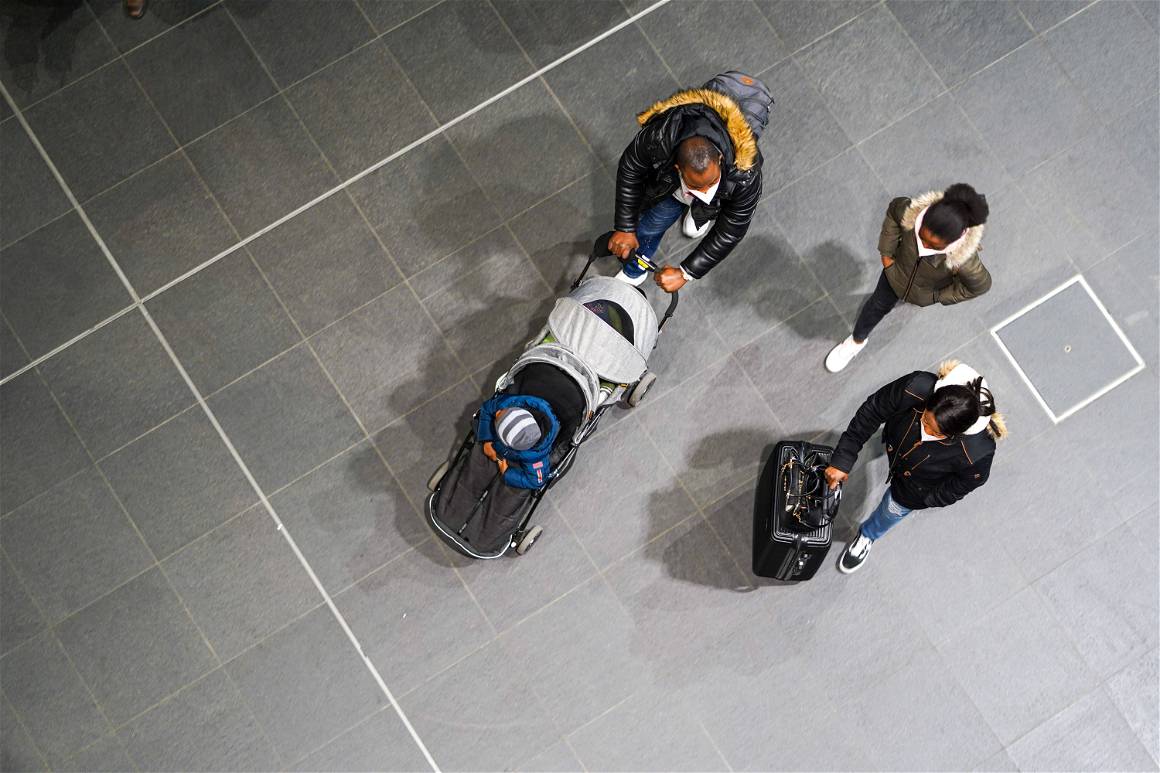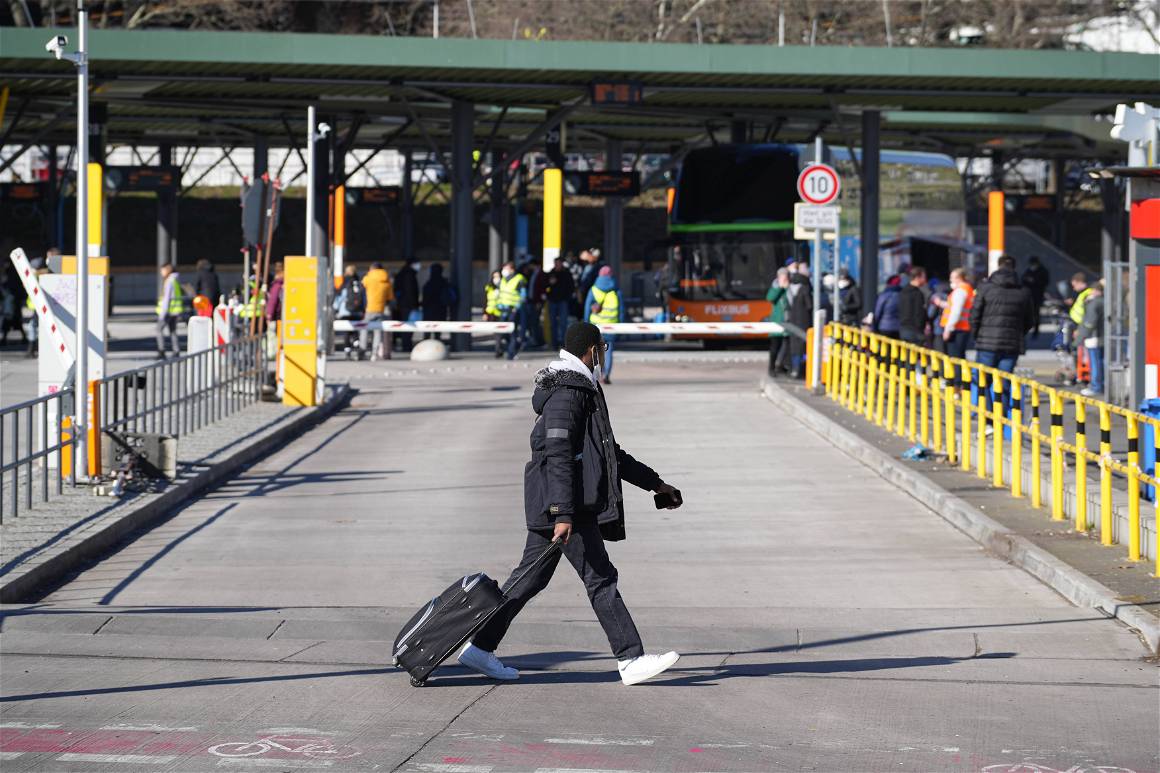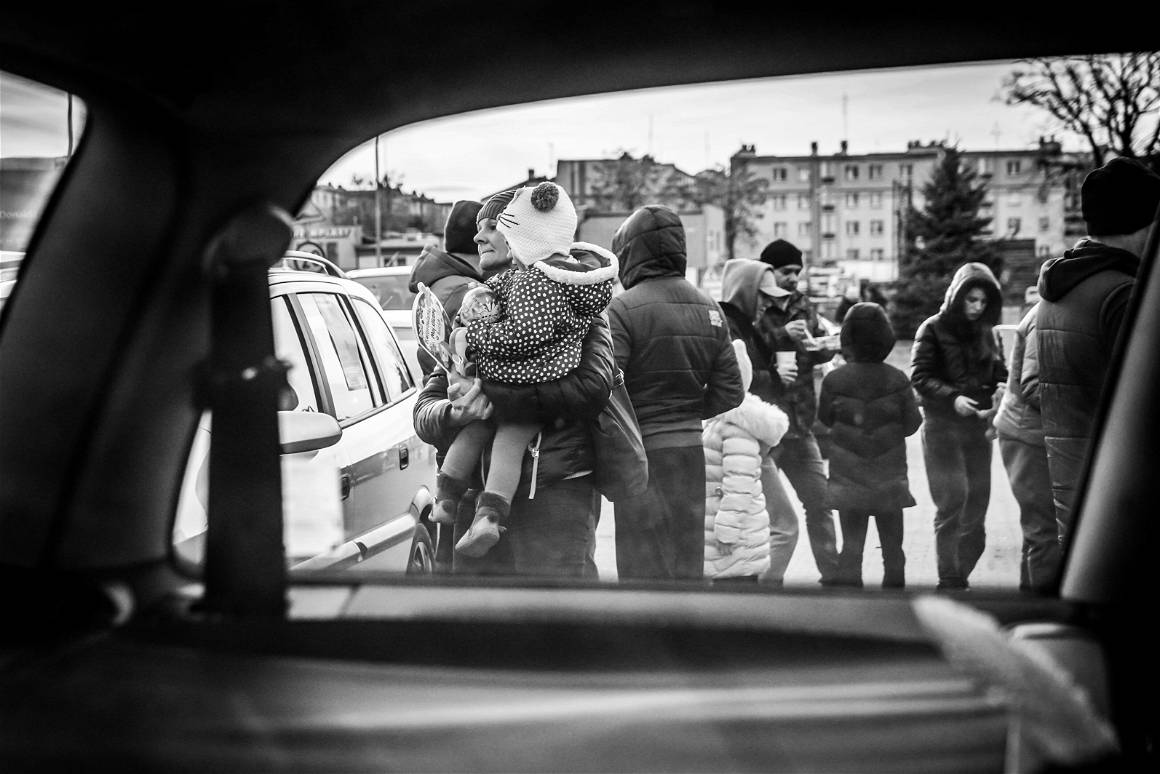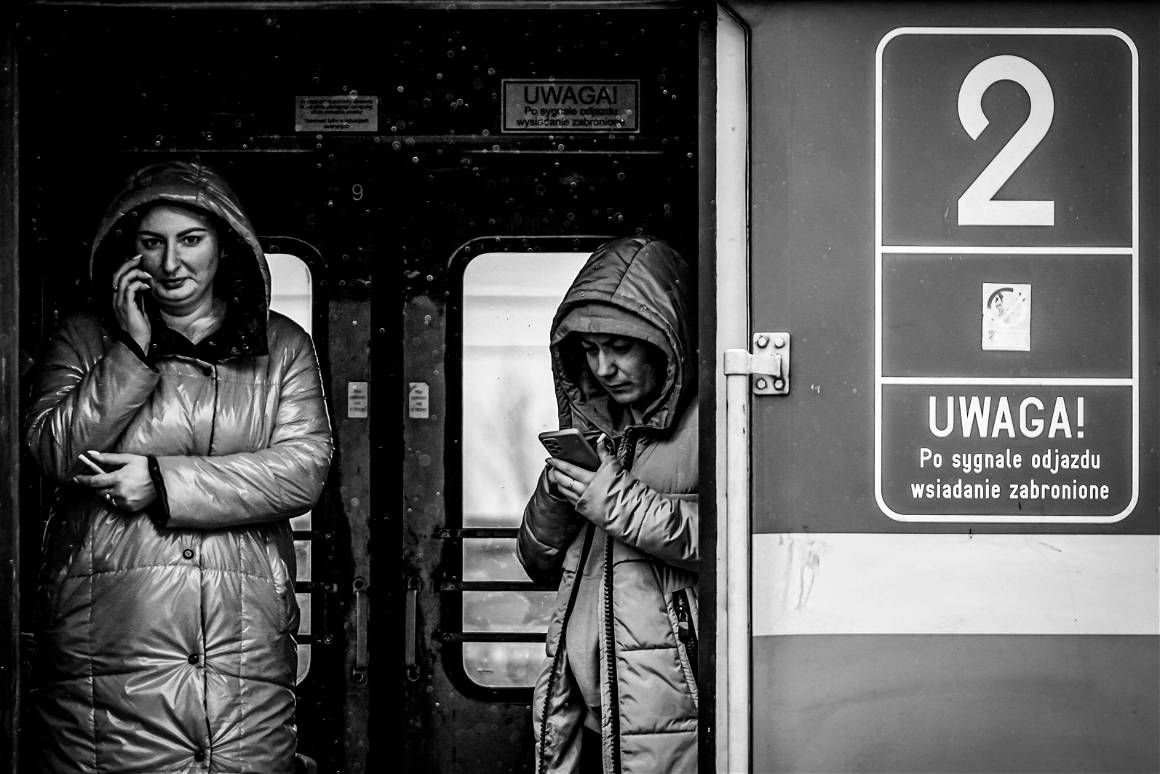Many non-Ukrainian nationals have been forced to flee their homes in Ukraine. With little assistance available, how might new technologies be helping them?
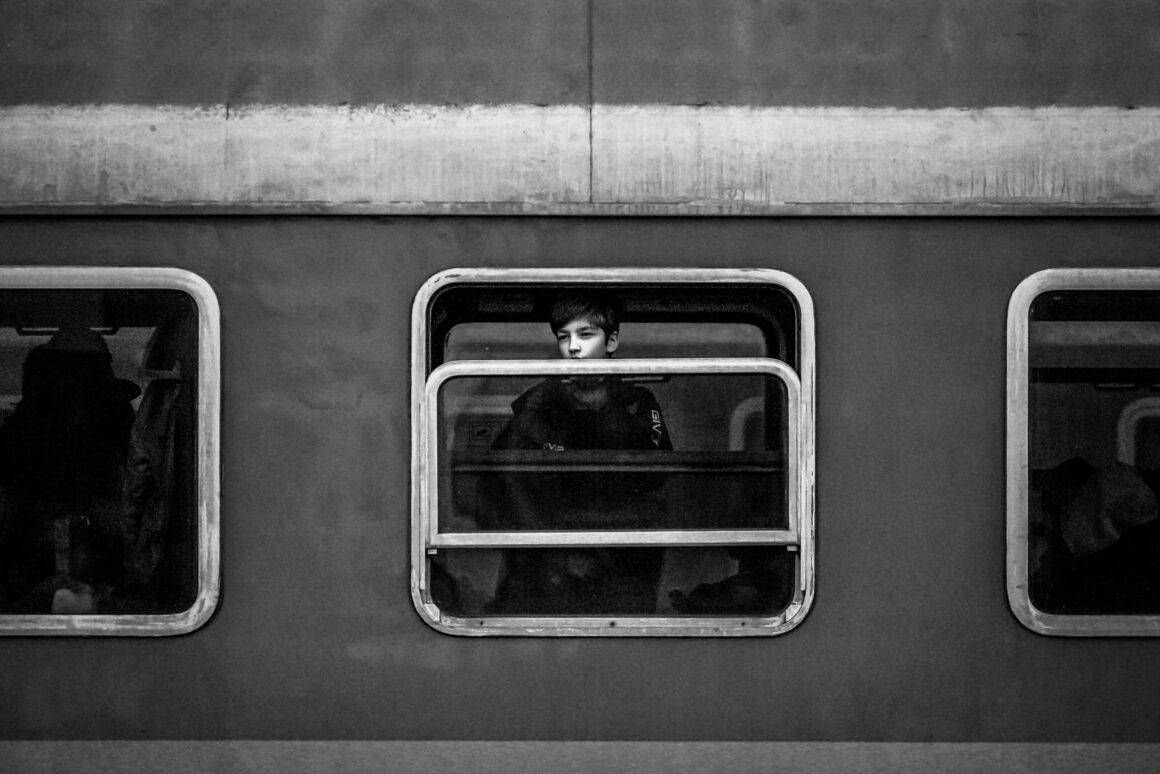
How new technologies are helping refugees.
“The first two weeks were crazy,” said Glory “Duwa” Attaochu, Atlanta-based singer, songwriter and activist.
“Last week we were able to save a family of six. We got them out in time, before Mykolaiv was bombed. It was bombed. They made it out.”
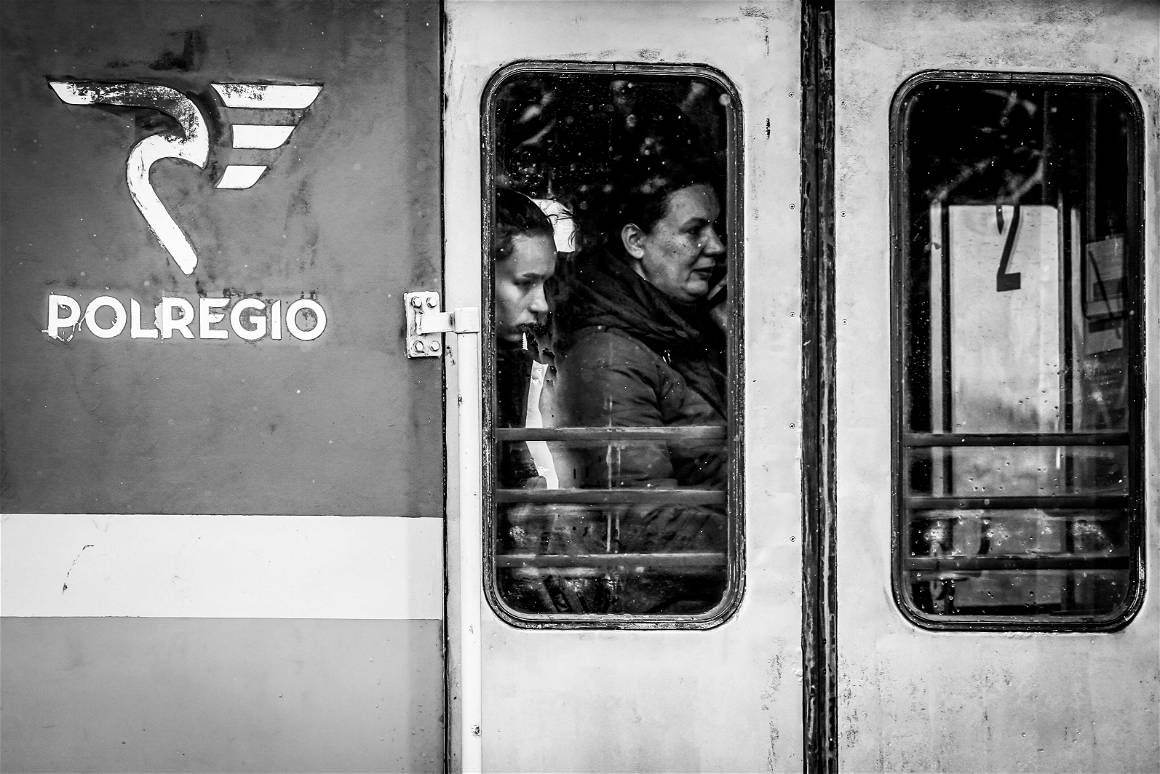
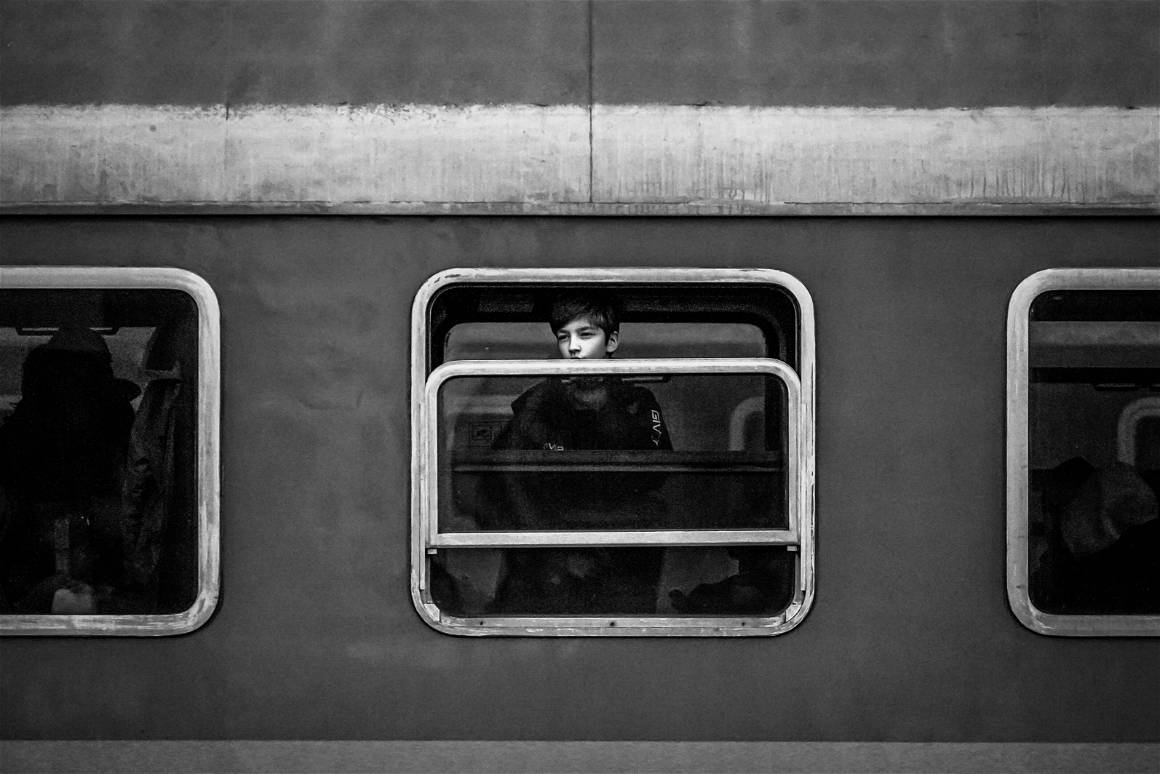
Jewel Addy, an external affairs and PR professional working from the US capital added, “It was a pregnant mom from Ukraine married to an African man, and they’ve got four very young children. So, it was a really delicate situation to move them.”
Attaochu and Addy are part of a grassroots collective aid organisation known as Black Foreigners in Ukraine, or BFU. They began helping Black, African and other marginalized foreigners and students escape the war.
They had no prior knowledge or experience in this field. “None of us have experience in humanitarian relief efforts,” explained Addy. “Duwa is a singer-songwriter, I’ve worked in public health communications, and we’ve got people who are just not in humanitarian war and relief efforts and have only been working in this space for about a month now.”
In the past, social media has been a tool for Putin to sow disinformation through troll armies, furthering his efforts. However, Attaochu explained that it was integral to BFU’s formation.
“We came together on Twitter spaces. For me, I saw what was happening in Ukraine. I saw images and videos from friends about how people were being treated when they were trying to leave Ukraine, so I decided to go on my club on clubhouse – with about 3000 members – to talk about it with another friend.”
“Someone approached us on clubhouse and asked if we could do the same on Twitter. So, we went on Twitter spaces, really just to spread the word about what was going on, to let people know this is what’s happening.”
Addy explained how social media built momentum for the movement. “People were just disgusted by what they saw being posted to social media: that was enough of a catalyst for them to act. To figure out what they could do, and what they could support in terms of this effort.”
Addy emphasised the spontaneity of the effort, “For our group, Black Foreigners in Ukraine, forming early on there was a person who had a map of Ukraine and just started helping people navigate from wherever they were to a border point, or a train station or some way that they can access a pathway out.”
Attaochu echoed the same sentiment. “It was a twenty-four-hour space when the war had just begun and things were going crazy, and it just turned into us just giving out information – what students were faced with on the ground – to us having to rescue students.”
“It became a domino effect: us talking about it made students reach out to us for help. They came to ask questions: how can I get from this place to this place? I’m scared.”
“A whole bunch of volunteers came together, just jumped in, to start answering the questions that people had. People were also reaching out to us saying how can we help? Can we donate? What can we do? So, with all of that coming in full force all at once we regrouped ourselves.”
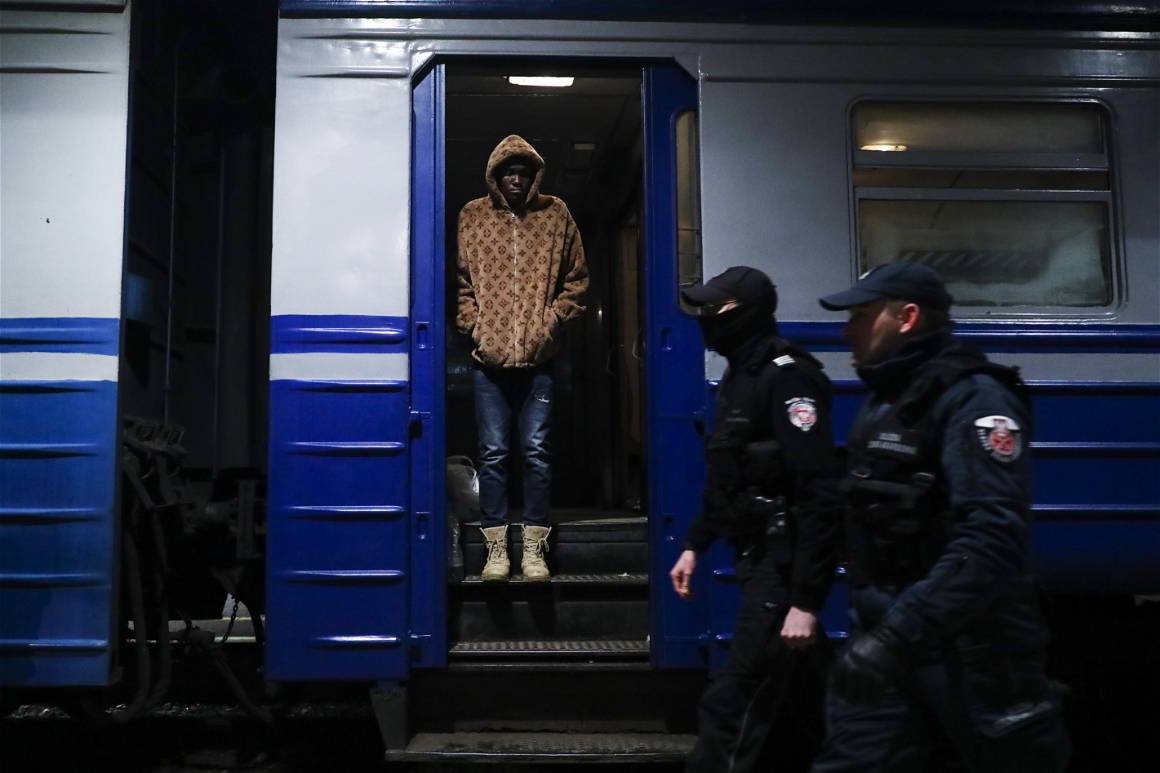
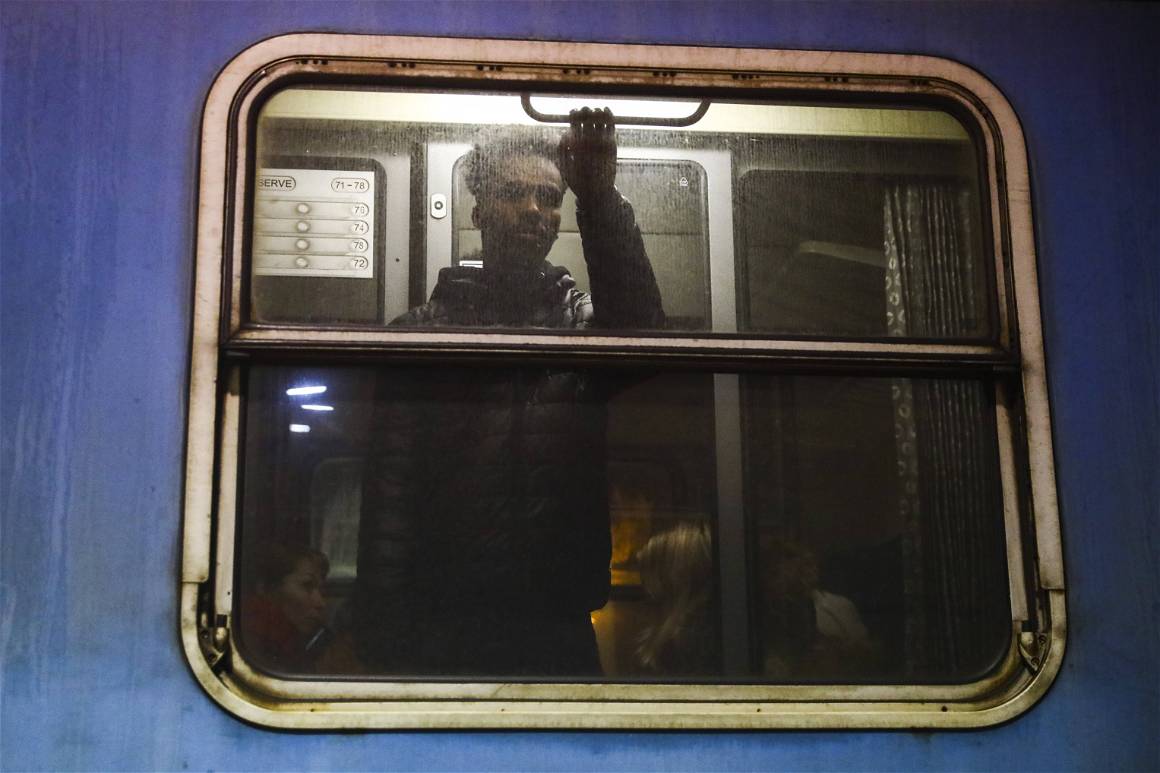
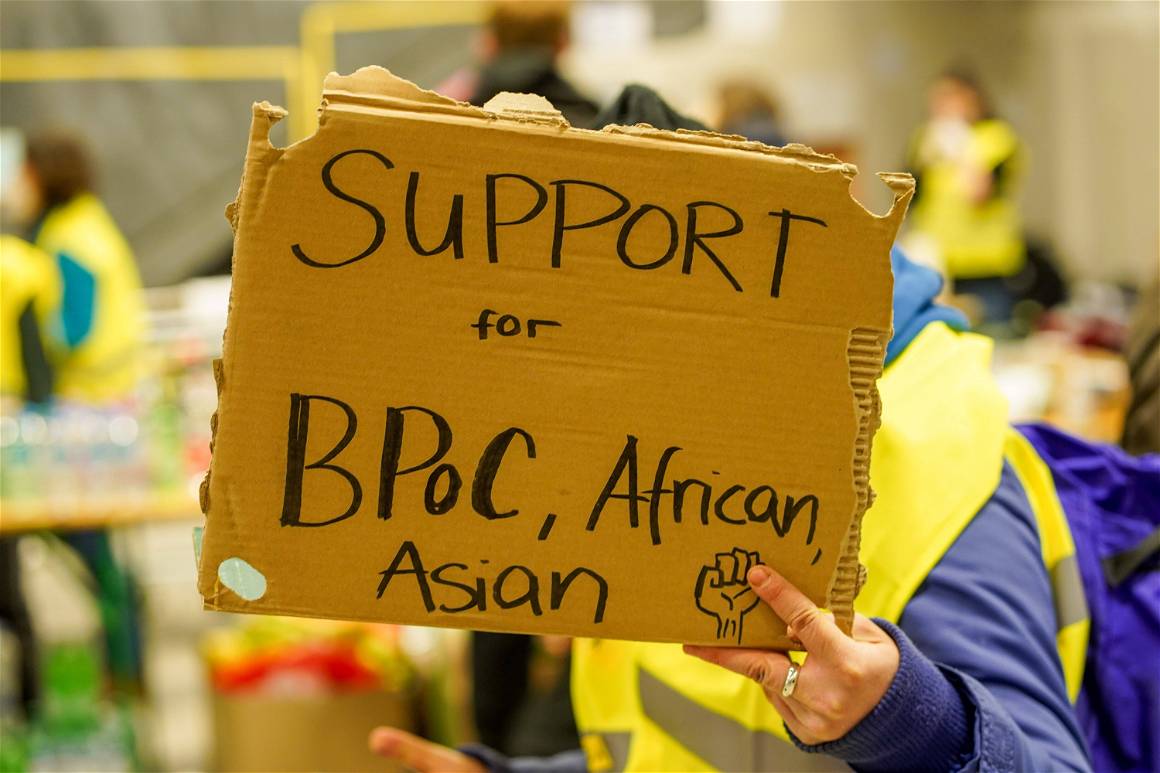
Sadly, there were wide-spread reports of racism at the borders, and non-Ukrainian refugees have not been afforded the same protections by the EU as Ukrainian citizens. In addition, Ukraine’s martial law created a strict boarding priority for trains and transport to safer areas. As Ukrainian men 18-60 were forbidden from leaving, gender rules were either not in place for non-Ukrainians, or were misinterpreted, preventing non-Ukrainian men from accessing transport.
BFU arose out of the need to deal with these issues. “Initially, it was let me go on twitter to talk about this,” said Attaochu. “Then we saw that there was a need, a gap the needed to be filled and nobody was doing that. There were no humanitarian agencies standing up for students. That’s how the organization came together. We call ourselves a coalition of volunteers, really. We’ve been doing it for a month now.”
As the crisis has progressed BFU has evolved to meet new needs. “We’re getting people saying, I’m still in this part of Ukraine I don’t have a way to get out, I don’t have funds, I don’t have food,” said Attaochu. “So, we’re still doing that but the majority of what we’re handling now is the people outside of Ukraine. Everywhere – Poland, Hungry, Germany, Slovakia- finding housing for people, Airbnb, food. People need money for food. Some people ran with just the clothes on their back.”
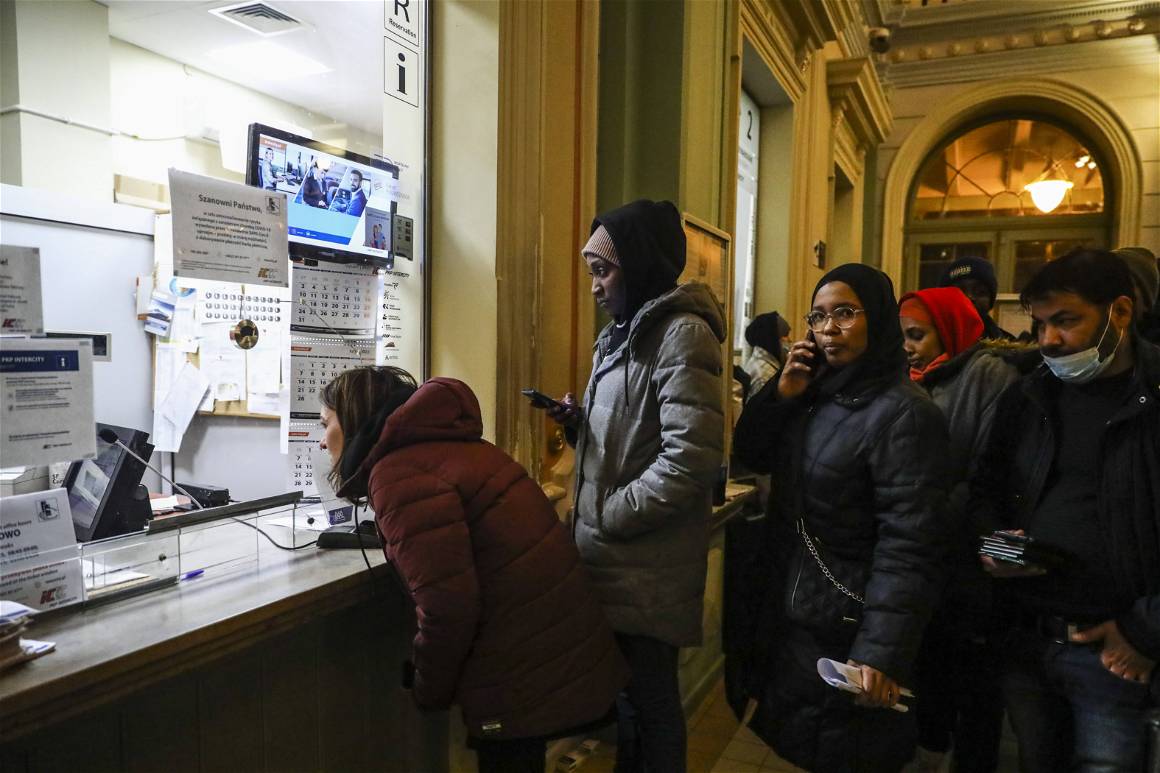
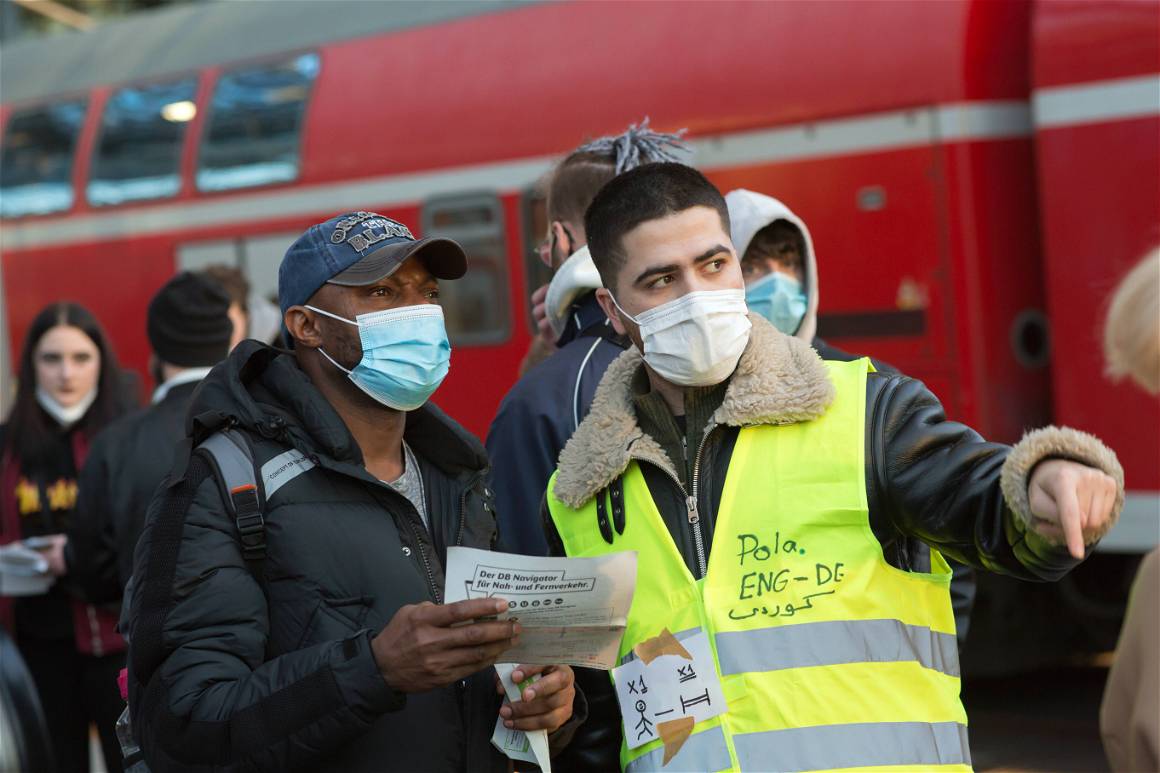
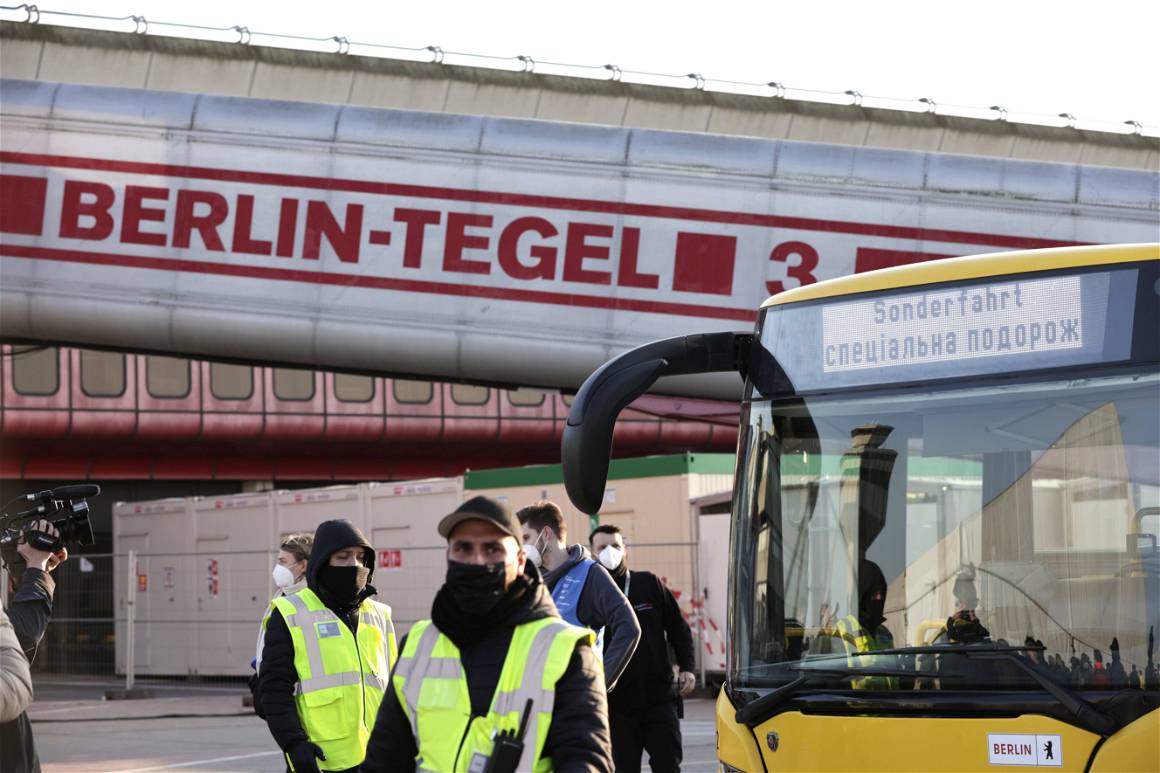
Getting the necessary funds to students that have fled Ukraine is one of the major challenges facing BFU. “I had a student in Germany the other day,” Said Attaochu, “He needed funds, but until today I don’t know how to get the guy the funds. He can’t get a bank card because he doesn’t have an address: he’s not a resident in Germany.”
BFU have been able to distribute funds to some foreigners in need by utilising new technologies. As ATM cash became scarce in Ukraine, BFU began receiving and distributing crypto funds to support students and refugees. The African NFT and Web3 community supported the efforts of BFU by making a donation of $25,000 worth of ETH to the organisation.
“Crypto has been so lifesaving for this effort,” said Addy. And in this case, lifesaving is not a metaphor. “Early on banks didn’t have any more cash in them in Ukraine, and so Duwa was in contact with students. What’s the best way to get you funds? What’s the best way to get you aid and support? And some said, send it to me through Crypto. So quickly we started to see that taxis and transports and shops were starting to accept crypto as a means of currency when there was no more cash in the country.”
Addy explained that upon realising Cryptocurrency’s potential, BFU began exploiting it. “Our group went as far as to help create a crypto wallet guide. We taught people visually and with written instructions how to download a crypto wallet so that we would be able to transfer funds to them.”
“As a group of volunteers who met on the internet, on social media, we don’t have all of the bank accounts and non-profit structures or NGOs in place to be able to receive large scale cash transactions from people. So crypto allowed us a way to get funds in the door and out and dispersed to people.”
“The first crypto donation was able to get six students a bus from Ternopil to Budapest,” Said Attaochu, “To feed a group of about thirty students and to house a few students who crossed into Poland from Ukraine. Since then, we have relied on crypto to be one of the quickest ways to disburse funds to students all over Europe who are fleeing, or have fled the Ukraine war.”
Even though BFU don’t have the infrastructure of many NGOs, Addy elaborated on how they strive to be transparent in how their donations are used. “We have published, every two weeks or so, a report on how much we’ve raised and how much has been dispersed both via cash app, PayPal, crypto donations and what have you just to maintain that transparency as a non-official NGO organisation, or just a collective of people doing this work.”
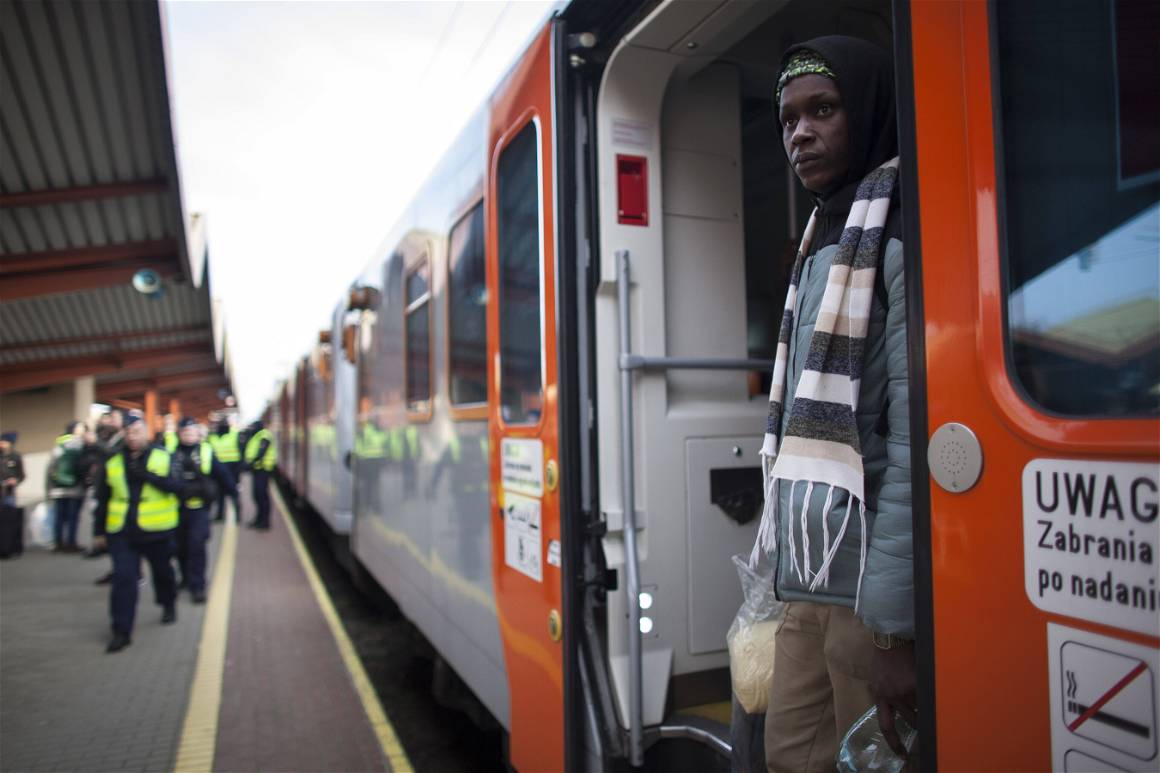
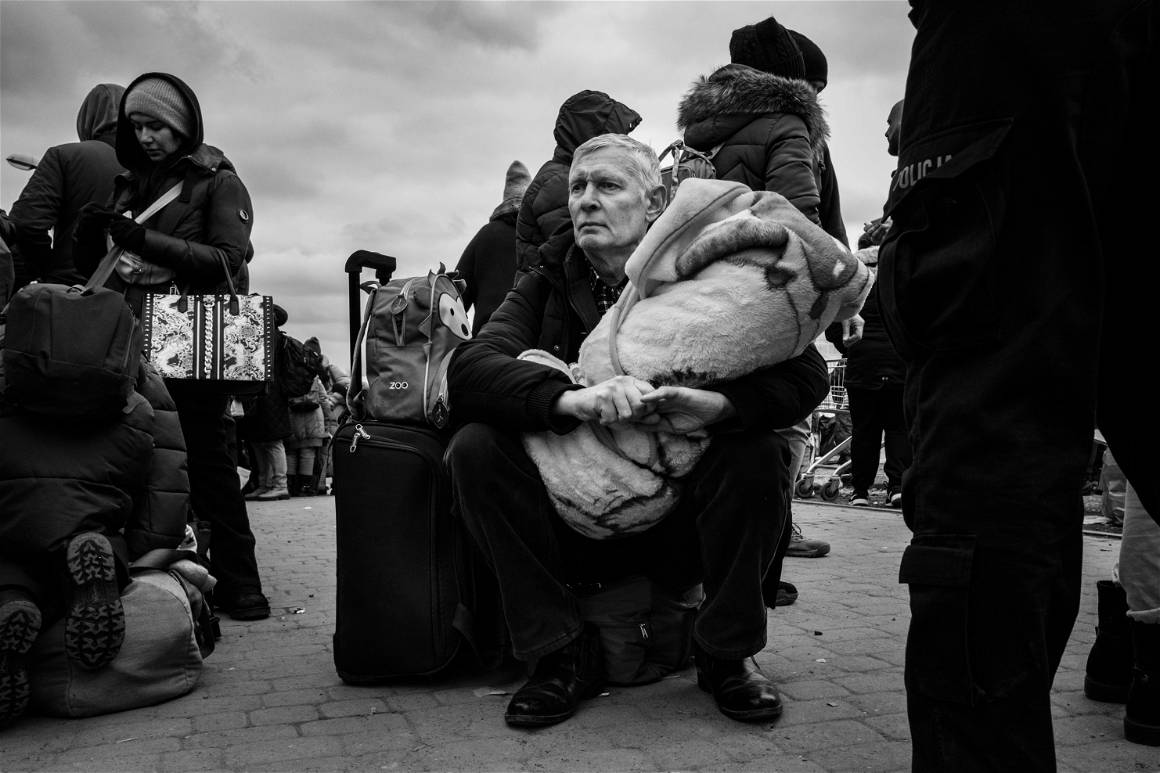
Unfortunately, the systems BFU have developed are not fool-proof. “Even last night, when I was sending funds to a student,” said Attaochu. “I had to ask him, if we send you funds through a Wise account are you a hundred-percent sure that you’ll be able to get it out? He wasn’t sure. But he was desperate. Where he’s staying right now, they’ve already told him that he needs to leave today. So, he said just send it through Wise, from his Wise send it to his host. And then, maybe the host will get the funds and give it to him.”
Addy pointed out how much trust this requires. “Even that you’re putting so much trust in the person who’s going to be the middleman for the funds. And obviously, you can’t trust every person.”
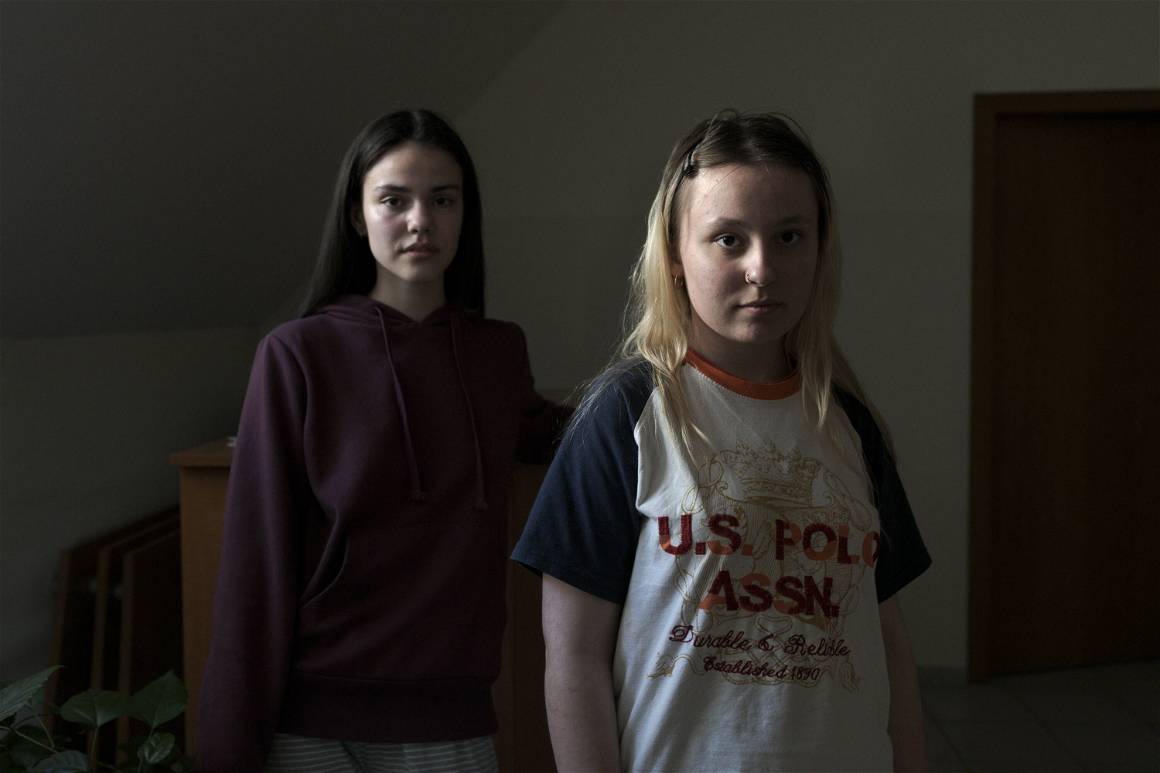
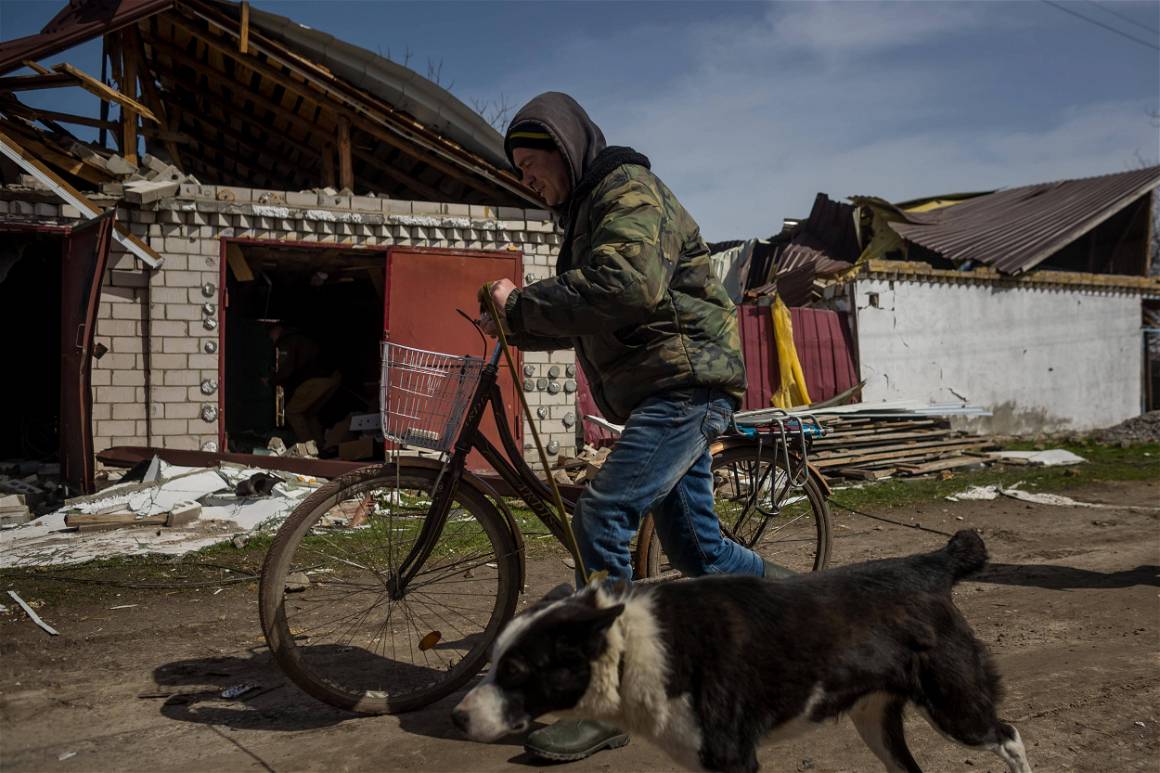
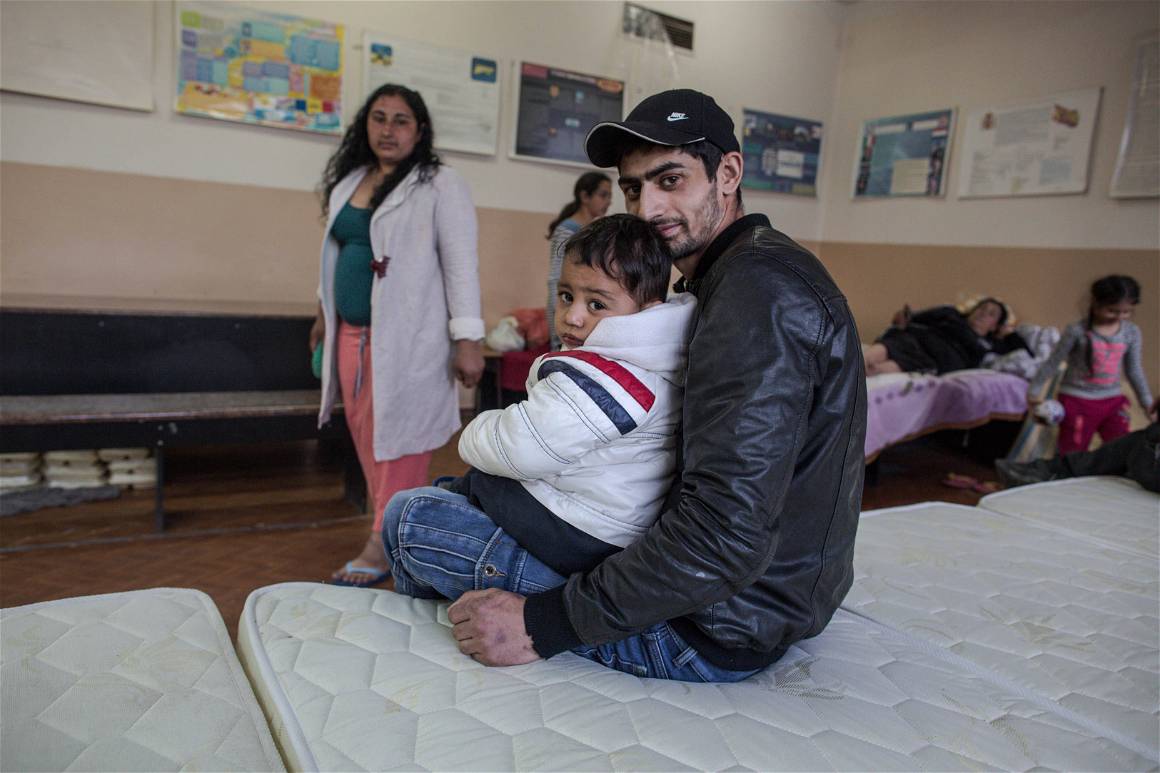
The family of six BFU helped to save can be held up as an example of how new media may help this terrible situation. “It was a good display of collaboration.” Said Addy. “We had to work with other groups that have popped up in this movement as well to make that transfer happen.”
“It was a great display of what we can do when we band together, when we’re still not having the same support that we would be expecting to get from our government institutions. And from these nation/international organisations that do this kind of humanitarian relief and effort.”
Not everyone is out yet. “They were also near Kherson,” Addy said of the family of six. “There are still students that are slowly getting out of there, but it was in Russian-controlled territory for a long time.”
Groups like BFU continue to use social media and cryptocurrencies to help refugees in need, but they desperately need the funds to help. “Groups like ours need support, they need funding,” Said Addy. “We’re putting out more money to support students them we’re getting in donations so we’re going to continue to need support from folks if we’re going to continue to do this work to help people who are in need.”
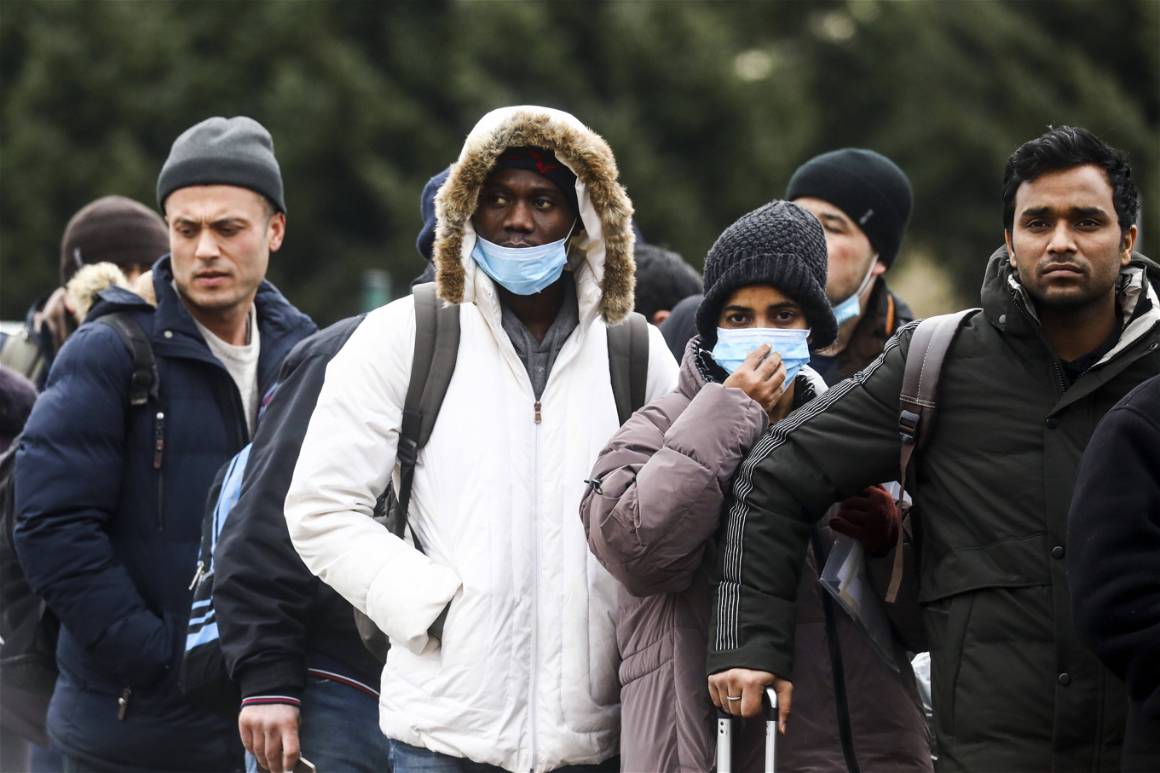
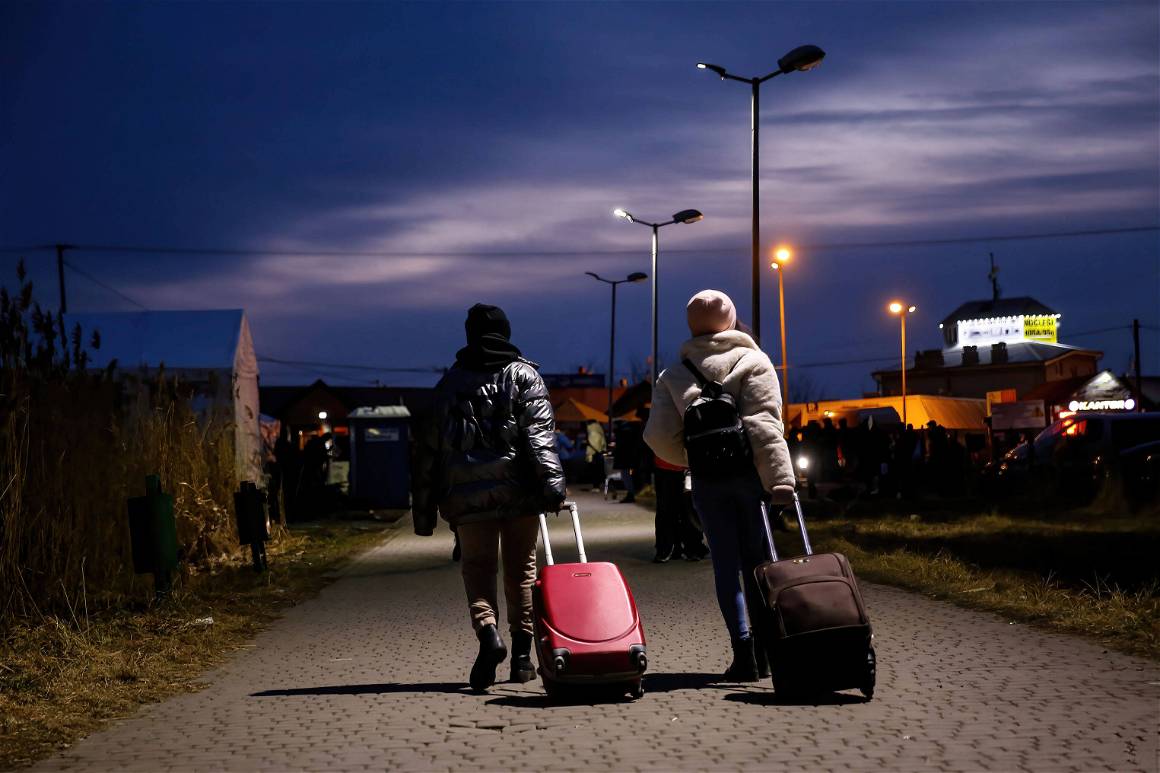
Black Foreigners in Ukraine (BFU)
The collective organisation Black Foreigners in Ukraine (BFU) helped many Black, African and other marginalised foreigners and students escape the war. BFU supports individuals by providing funds for transportation, connecting people to on-the-ground volunteer escape vehicles, transferring crypto funds for food and temporary housing, and working to create partnerships with universities so that students may continue their studies upon leaving Ukraine.
Instagram // Twitter // Press Enquiries
#BlackForeignersInUkraine
